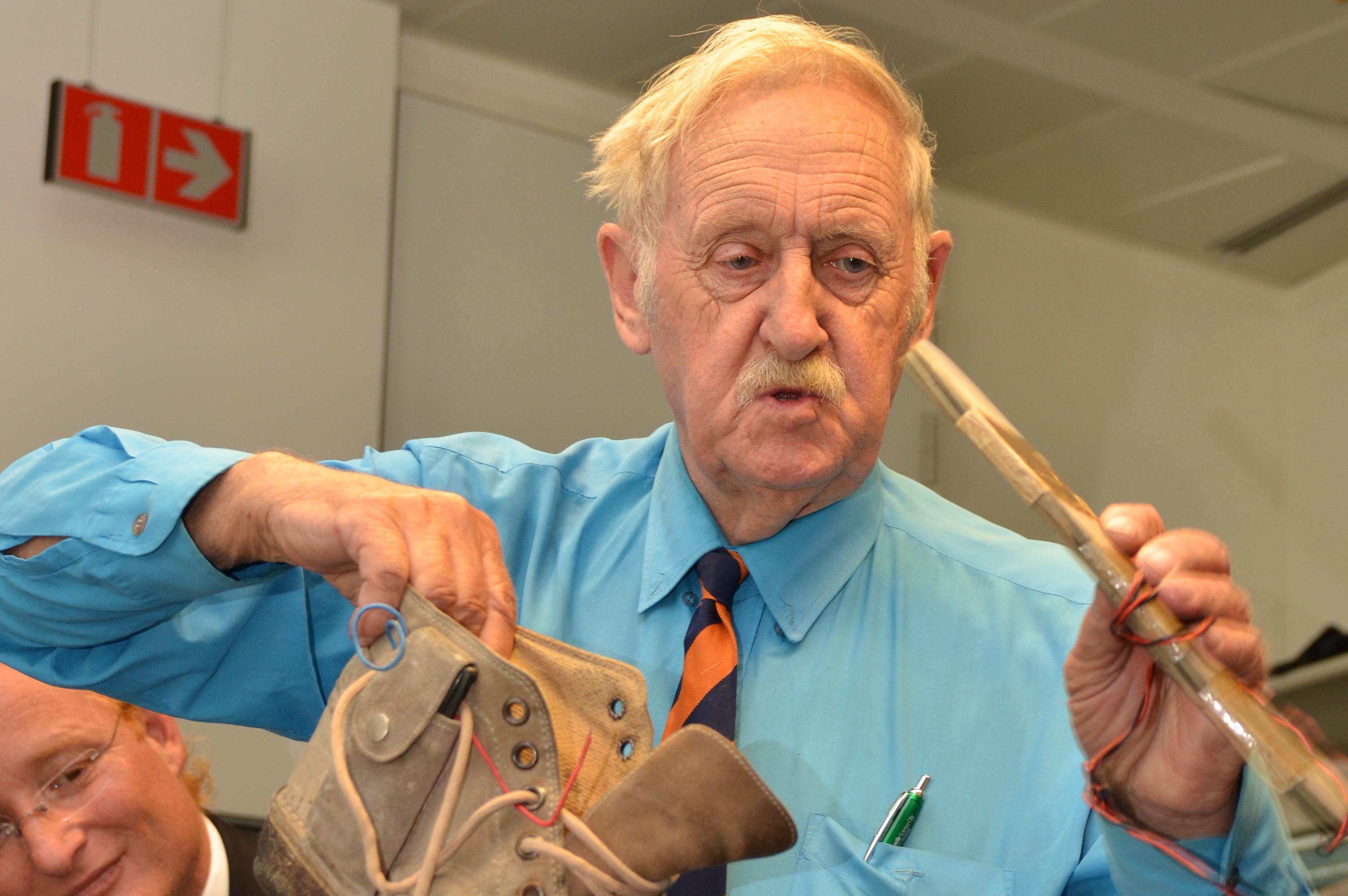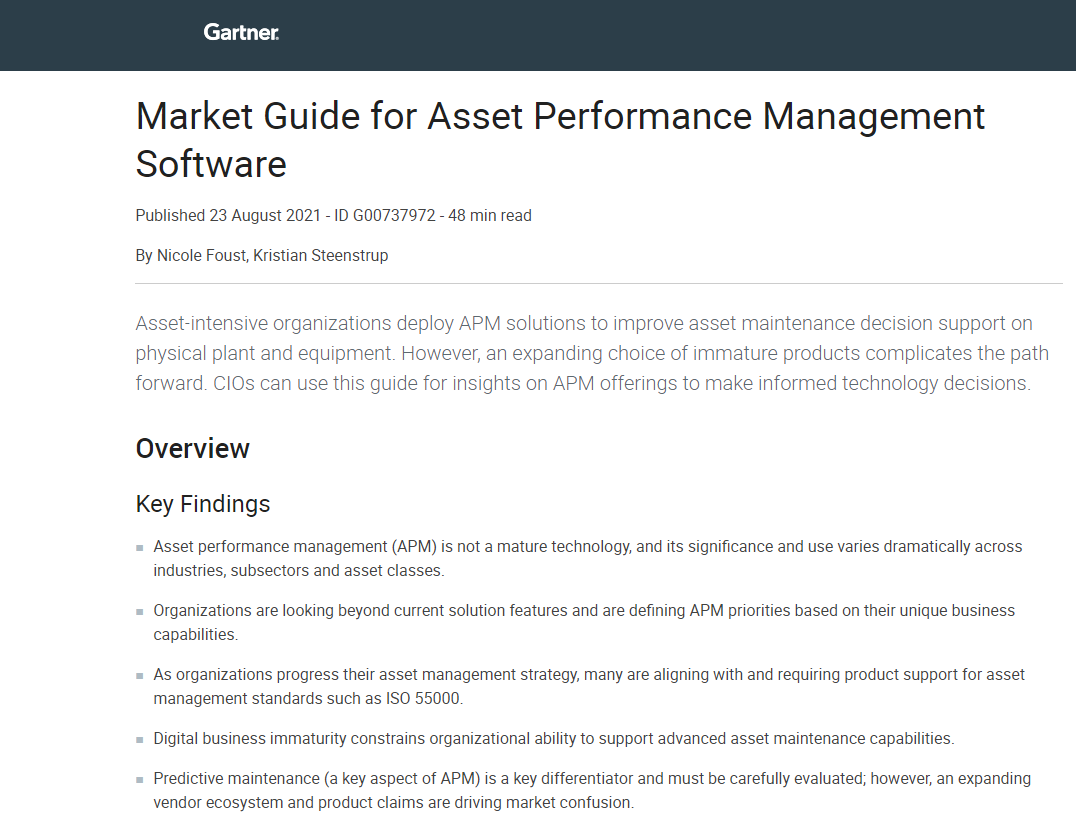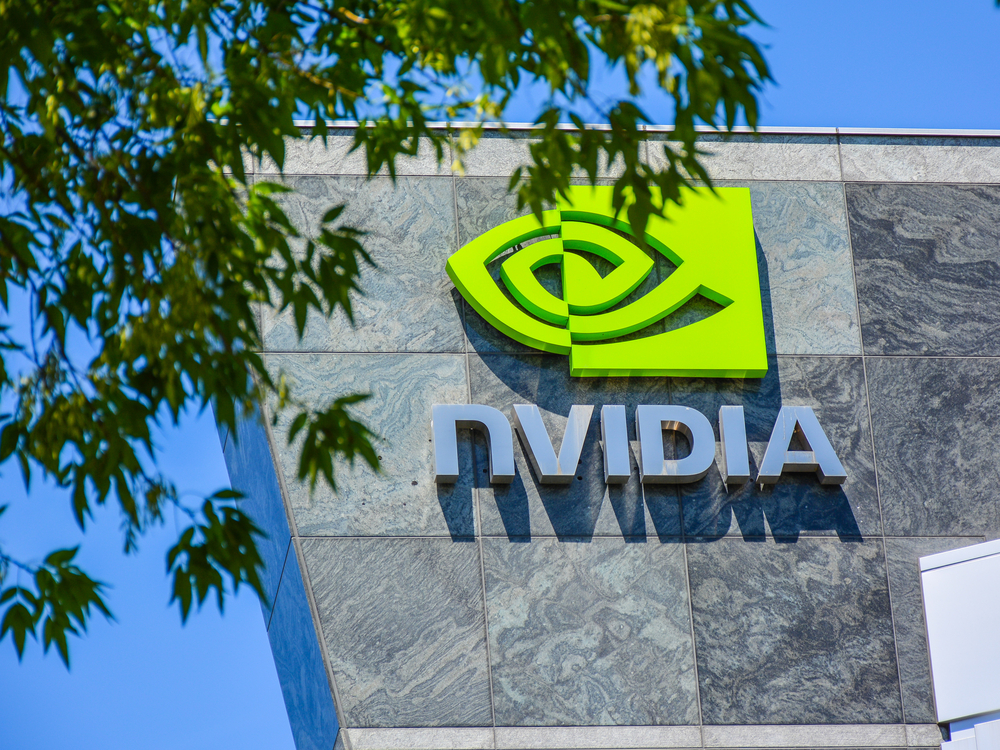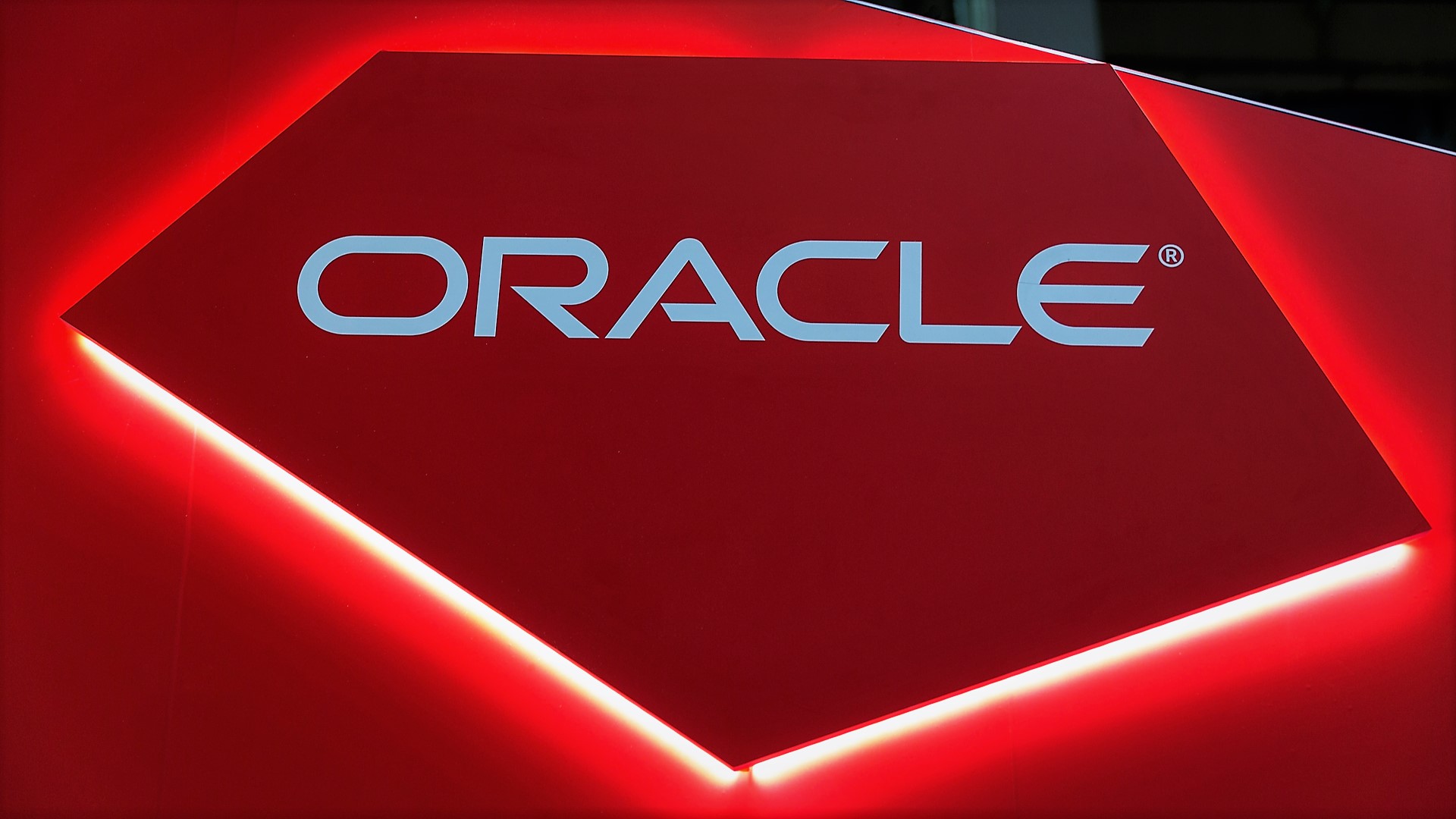There's more to IP than taming pirates
Inside the Enterprise: Content and software piracy attracts the most publicity, but a new campaign aims to bolster intellectual property's role in the European economy.

Sign up today and you will receive a free copy of our Future Focus 2025 report - the leading guidance on AI, cybersecurity and other IT challenges as per 700+ senior executives
You are now subscribed
Your newsletter sign-up was successful
A group of intellectual property (IP) experts gathered at Microsoft's office in Brussels last week to discuss how to change the way Europeans think about IP.
They included inventor Trevor Baylis (pictured above), Philippe Lacoste of the fashion and sports ware brand, MEPs and members of the software giant's legal team.
But this was not the usual gathering of record companies and music studios, set to co-ordinate their fire on the torrent sites or the Pirate Bay. In fact, the music and movie industries were mentioned only in passing and there was no impassioned debate about the pros and cons of ACTA.
Ideas Matter, as the group calls itself, has a wider remit than anti-piracy. Instead, it is setting out to promote the value of intellectual property, and the economic wealth that is so closely tied to both its creation and its protection. Around a third of the US economy depends on IP, and the EU wants to catch up.
Digital piracy is, of course, an issue. Microsoft is not often portrayed as a victim, but its Windows and Office products are among the most pirated software applications in the world. But it is not just about stopping someone duplicating Office DVDs by the container-load. It is, as the company's associate general counsel Ronald Zink says, as much about protecting the small ideas, and the small inventors.
There are practical hurdles. Europe lacks a single, coherent intellectual property framework, often forcing inventors and brand owners to register trademarks and patents several times over.
The costs are high. As Trevor Baylis explains, protecting a patent can cost upwards of 50,000. "But then someone comes along and steals your idea, and the lawyers want another 100,000 to fight it," he says. Individual inventors and SMEs can scarcely afford those fees.
Sign up today and you will receive a free copy of our Future Focus 2025 report - the leading guidance on AI, cybersecurity and other IT challenges as per 700+ senior executives
Part of the answer lies in raising awareness, so that inventors know when to start the patent application process, and what they can say in public about their ideas. The EU is working to make the process easier, and to boost the amount of advice on offer, especially to smaller firms.
And, although the internet is a great help to companies when it comes to product development, fundraising, manufacturing and distribution, it also makes it much easier for people to copy ideas. SMBs, in particular, often lack the IT security measures needed to protect designs and blueprints, for example.
Europe lacks a coherent intellectual property framework, often forcing brand owners to register trademarks and patents several times
Physical copying is also an issue. Ripping CDs to MP3s is one thing, but, as Philippe Lacoste warns, there are entire factories set up to make counterfeit physical goods. These can look convincing, even if they rarely match the quality of the original.
One way of clamping down on the problem, he suggests, is to go after online merchants, and payment gateways, to identify the fakers. But, this would require much better international co-operation, which will take time.
Although Ideas Matter is not specifically a campaign for the IT industry, in many ways IT is central to the task of protecting IP. Legal protection, either through the courts or organisations such as the World Intellectual Property Organisation, can do so much to protect companies, if they fail to safeguard their own data and IP from loss or theft.
-
 IDC: The business value of IBM Maximo
IDC: The business value of IBM MaximoWhitepaper Integral to the transformation of asset management
-
 MI5 and FBI warn businesses over mass Chinese IP theft
MI5 and FBI warn businesses over mass Chinese IP theftNews The security services urged organisations to consolidate security practices and approach Chinese business relationships with caution
-
 How to choose APM software for your business
How to choose APM software for your businessWhitepaper A market guide to Asset Management Performance software
-
 IBM sues LzLabs for alleged patent infringement
IBM sues LzLabs for alleged patent infringementNews The Swiss-based company is also alleged to have swindled IBM's trade secrets to reap profits
-
 FTC sues to block Nvidia's Arm acquisition
FTC sues to block Nvidia's Arm acquisitionNews Deal for the UK-based chipmaker is now subject to an administrative trial in August 2022
-
 Scandal-hit Toshiba to split into three companies
Scandal-hit Toshiba to split into three companiesNews The troubled Japanese giant aims to create more value for investors with "attractive" business separation
-
 Tektronix updates its asset management software
Tektronix updates its asset management softwareNews CalWeb gains four new capabilities surrounding test and measurement equipment calibration
-
 Oracle Utilities partners with Veracity and Triniti to streamline utilities’ digital transformation
Oracle Utilities partners with Veracity and Triniti to streamline utilities’ digital transformationNews The trio will join forces to enhance utilities’ critical infrastructure and processes

